Pisa, Italy: A wellness haven of ancient thermal baths, historic Italian villas and deliciously healthy food
Pisa's termes have long been the retreat of royalty and the famous, attracting kings, queens and a good number of Romantic writers. Alexandra Fraser went to explore the healing waters and to discover just what makes this quiet corner of the world the ultimate wellness destination.

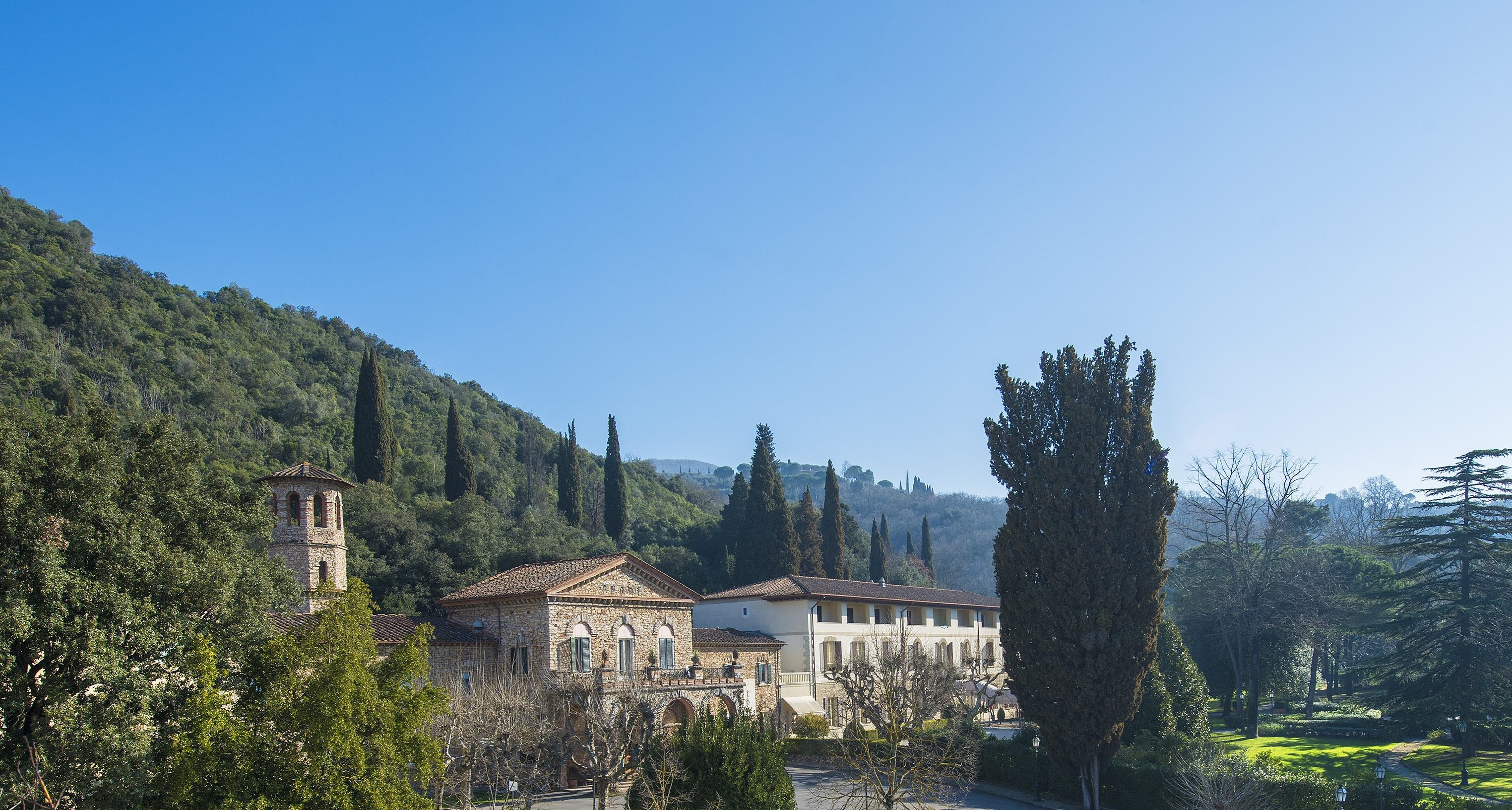
Exquisite houses, the beauty of Nature, and how to get the most from your life, straight to your inbox.
You are now subscribed
Your newsletter sign-up was successful
Sitting quietly on the Tuscan coastline, Pisa is best known for the slanting arcitecture in its city centre. And yet, there is so much more to this Italian region than its main attraction.
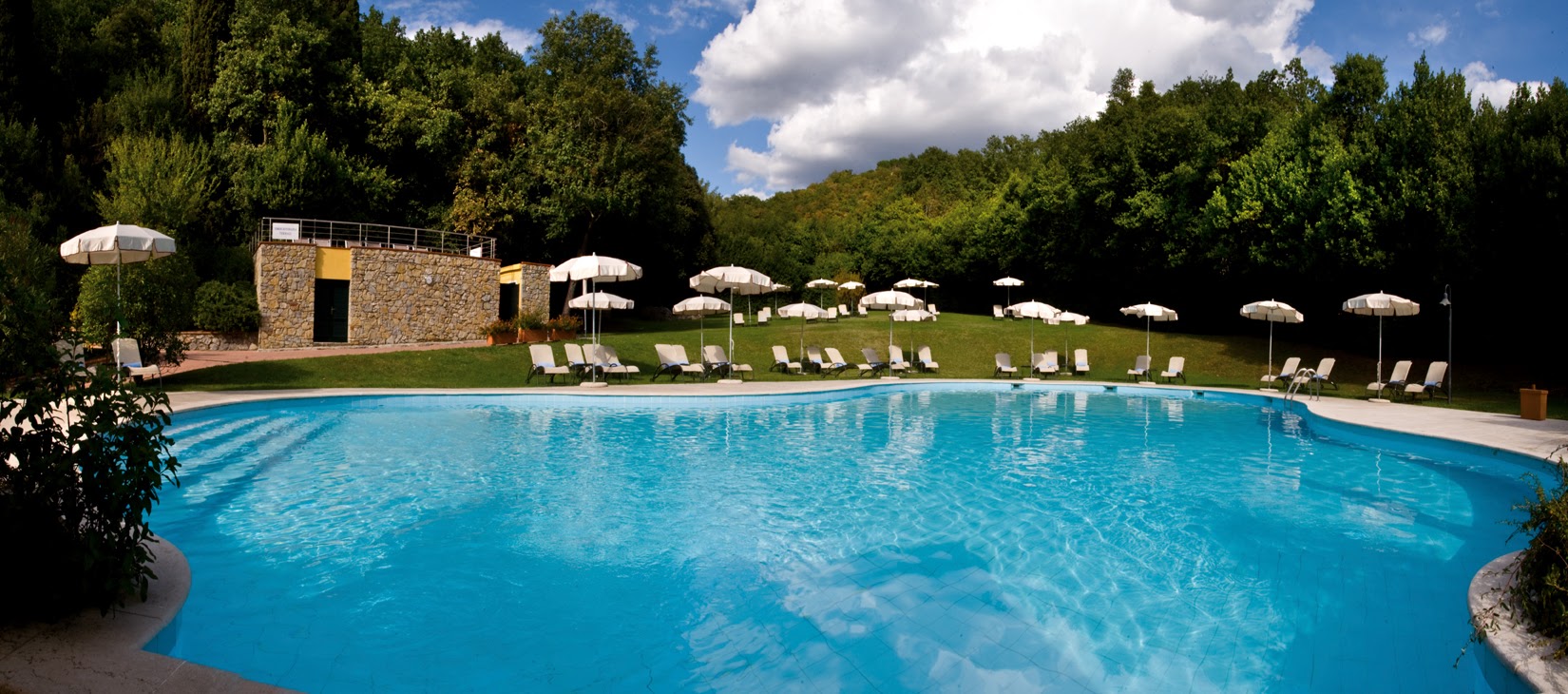
Inspired by salus per aquam (health through water), Pisa boasts a plethora of grand estates built around healing hotsprings, many of which have been transformed into wellness retreats.
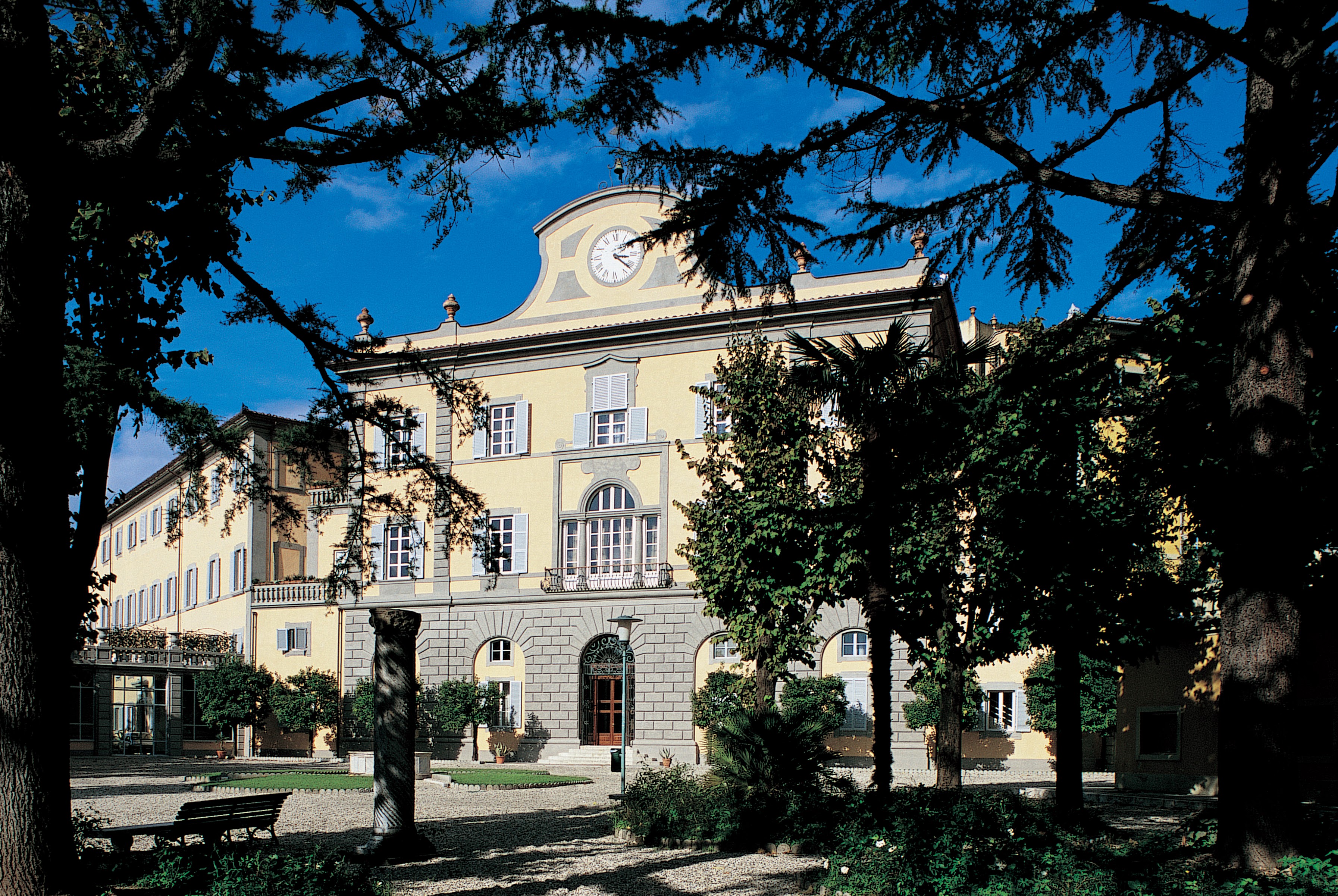
With a singular focus on healing and wellbeing, Pisa is a fantastic escape from the rat race, where one can relax in healing water during the day and enjoy delicious (and yet somehow healthy) dishes in the evening, all the while surrounded by elegant history.
Where to stay to be immersed in history
Bagni Di Pisa drips with romanticism, sitting in the foothills of rolling mountains with a commanding view of Pisa. It’s entirely unsurprising that such a place inspired the likes of Byron and Shelley to produce some of their most famous works; it is widely assumed that Shelley’s Frankenstein was inspired by one Doctor Andrea Vaccà Berlinghieri, whom she met in what is now called the 'Shelley Lounge'.
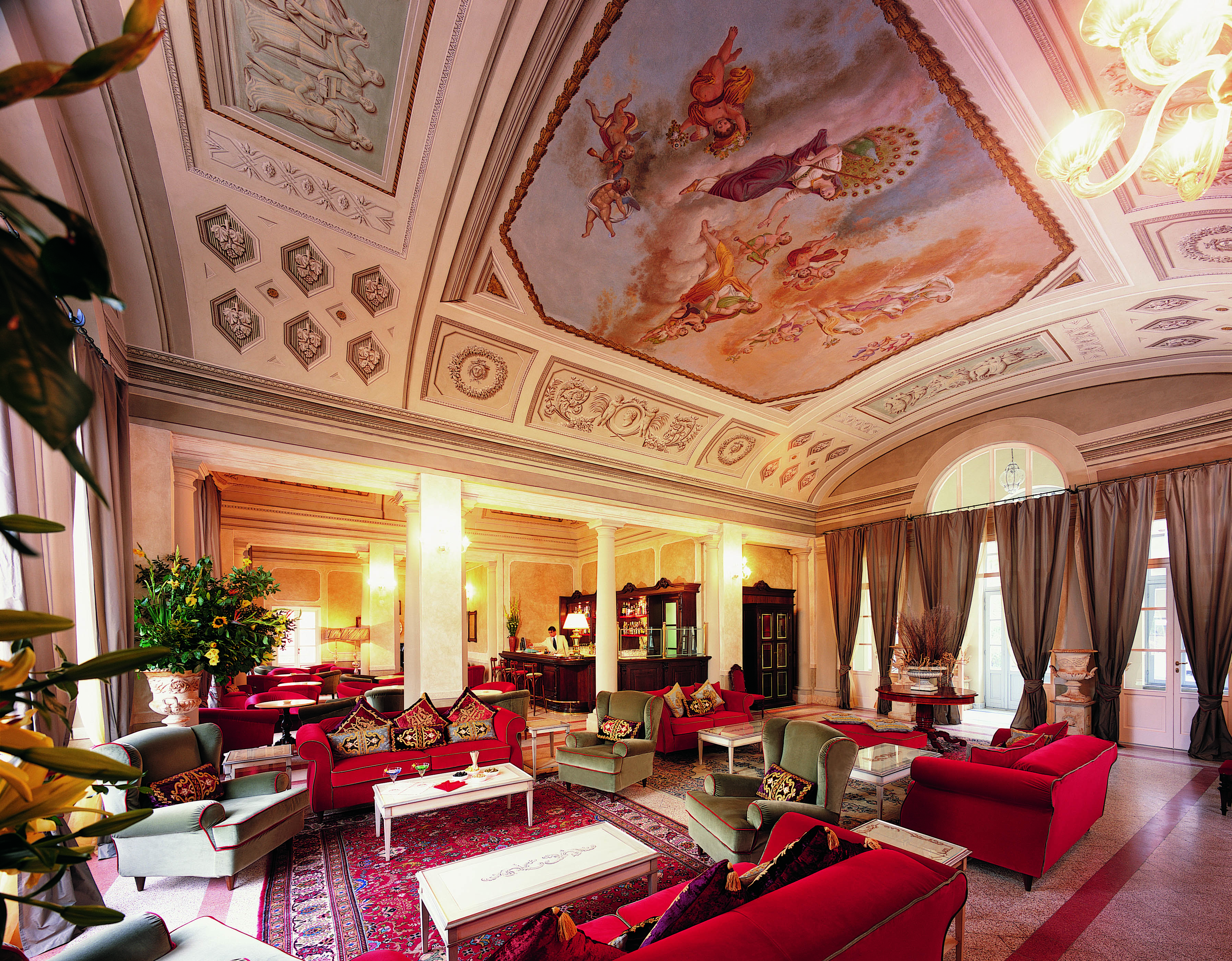
Once an 18th century castle, Bagni di Pisa nods to its history and natural gifts whilst embracing all the comforts and luxuries of modern living. Ancient mud wraps sit aside modern technological remedies on their treatment list, while the natural springs which first drew royalty to build on the property at the centre of everything, from traditional thermal pools to medically-beneficial steam inhalation.
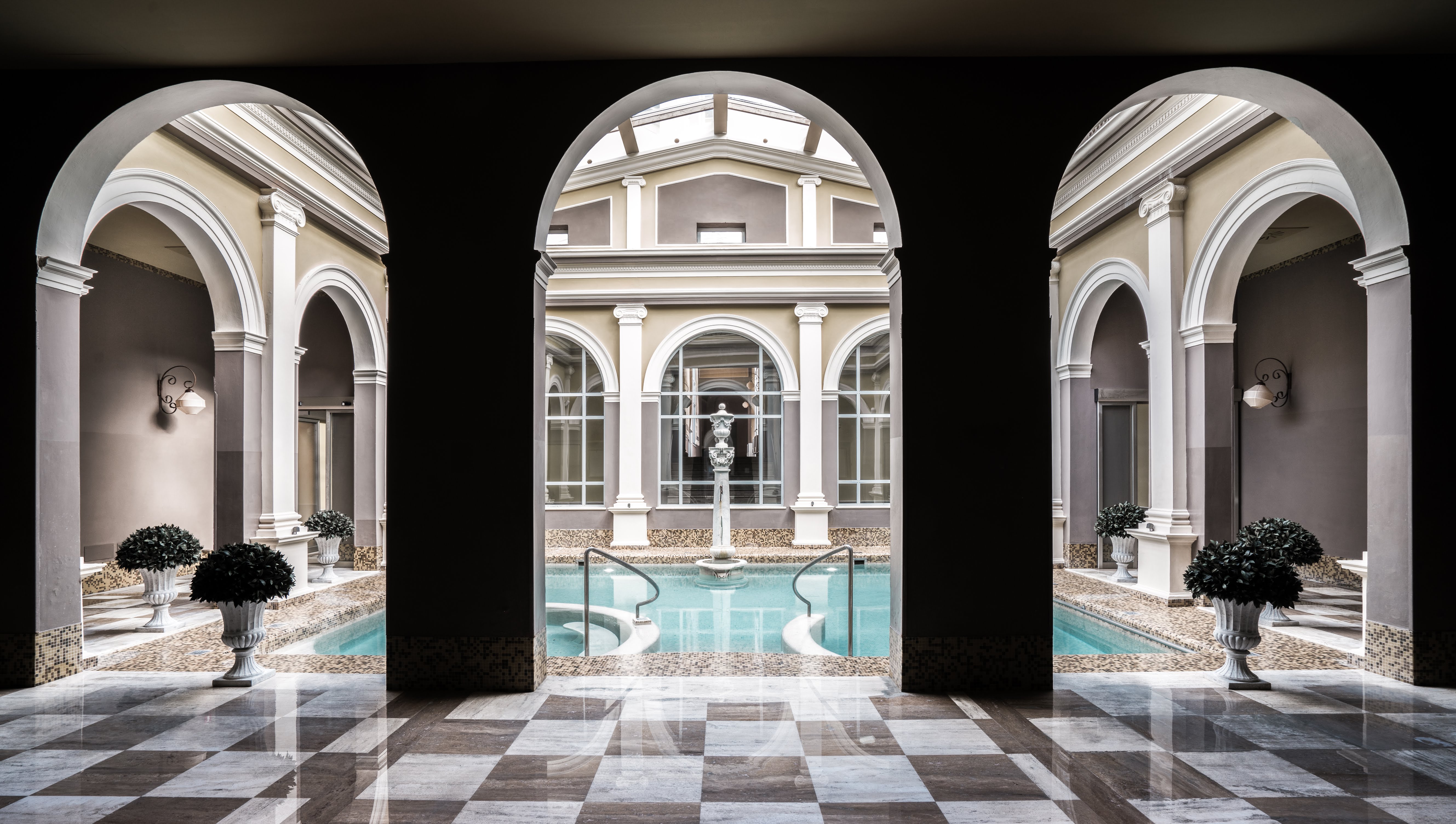
The ‘Equilibrium’ approach is at the heart of all that Bagni Di Pisa do. Their treatments, rooms and menus are based around the basic principle of maintaining a happy, healthy lifestyle, with everything in moderation. The philosophy revolves around stress release, exercise, nutrition and, of course, thermal water and its healing properties. Thankfully, it also comes with a healthy dose of beautiful Italian red wine.
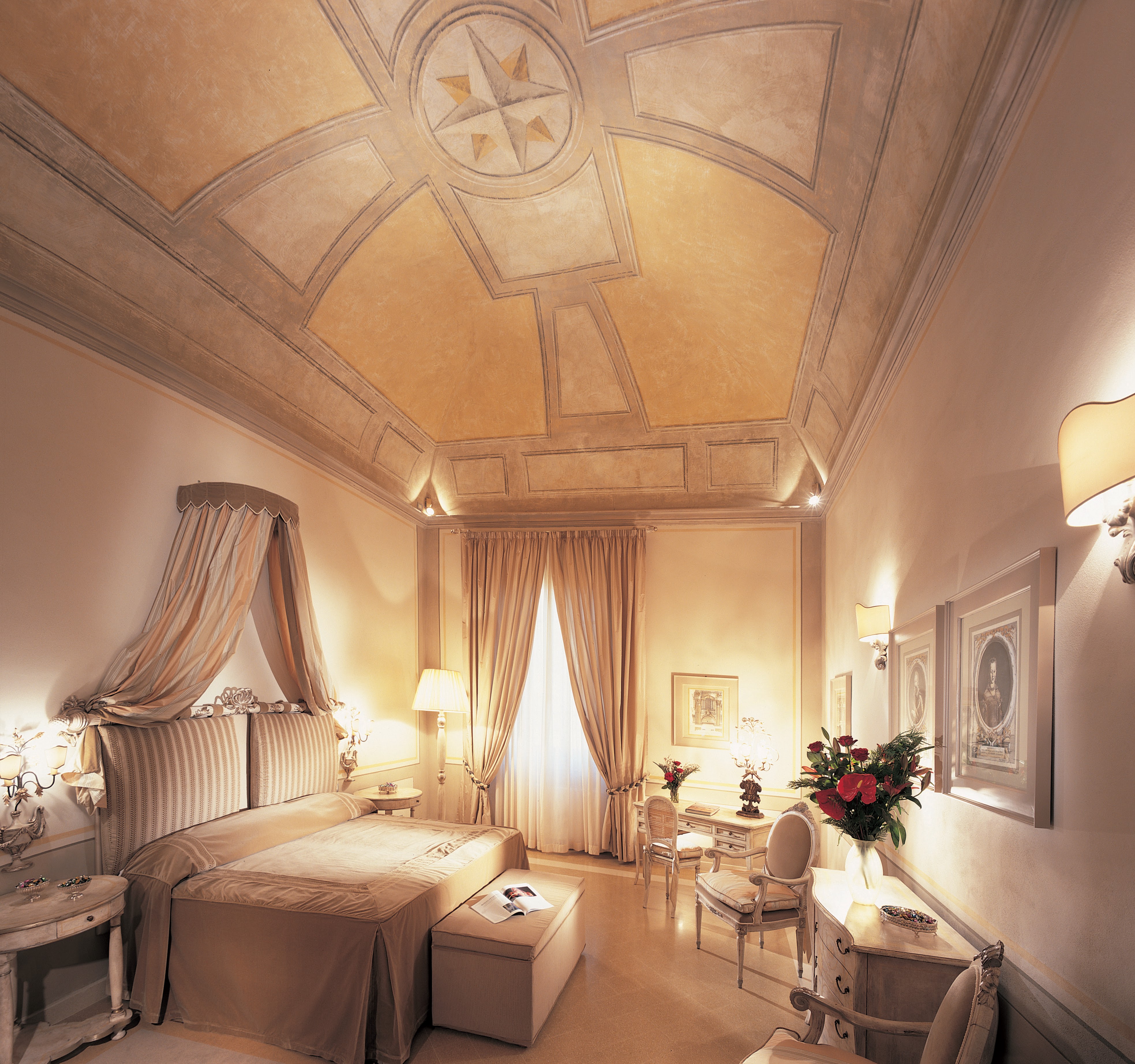
Rooms along the second floor (the first, previously used as an entrance for horses and carriages, has been sympathetically converted into the hotel reception and stretches between the two hot spring wings) remain much as they would’ve been in Shelley’s time, with beautiful doomed ceilings, tiled floors and sprawling beds.
Exquisite houses, the beauty of Nature, and how to get the most from your life, straight to your inbox.
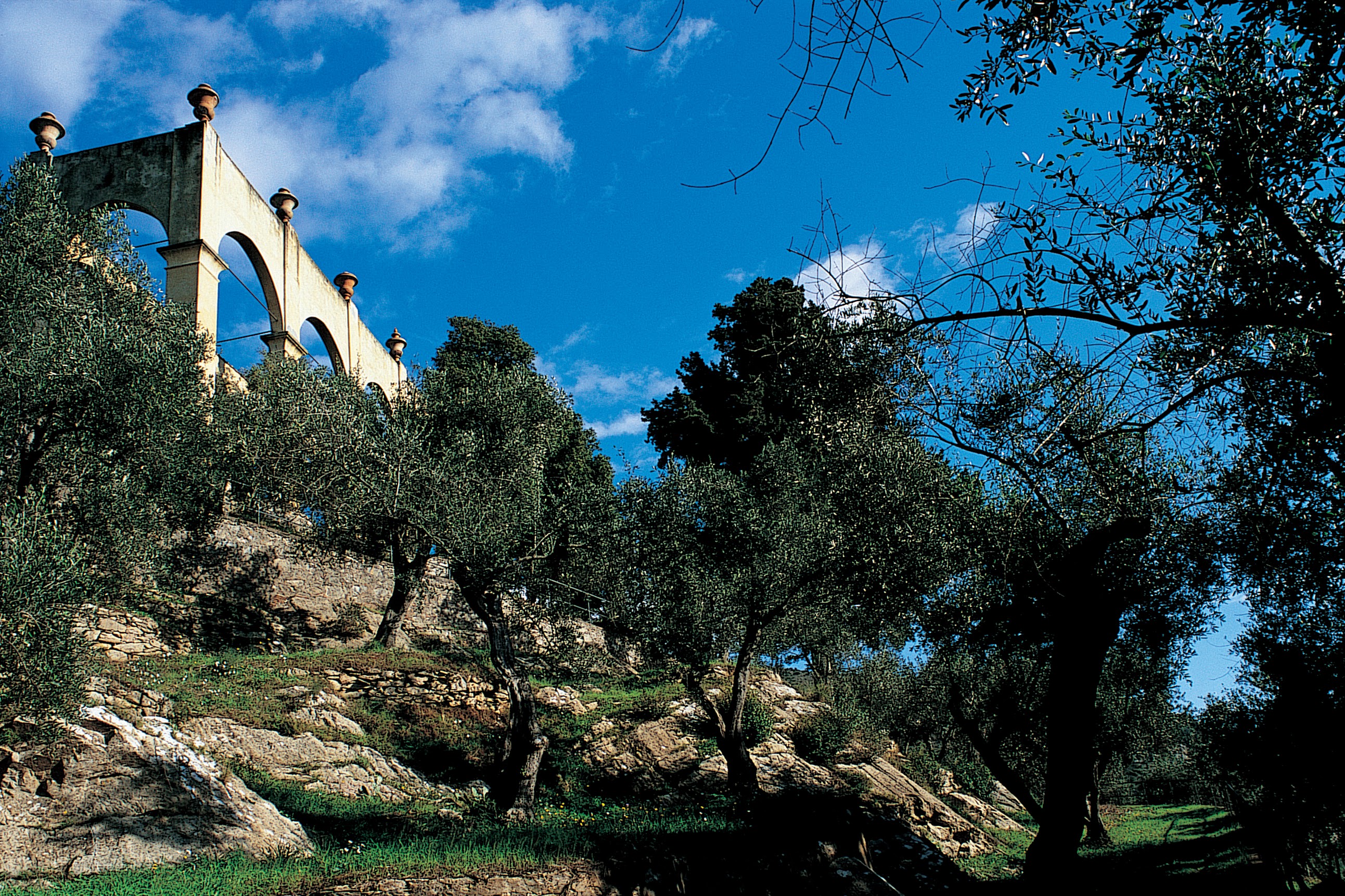
The galleria which stretches the length of the property had benefited from the addition of glass panes and leads to a wonderful hike further up the hill to the ‘Queen’s Tea Room’, a colonnade with wide vistas over the city.
Nightly rates at Bagni di Pisa start from €150 (around £137) per person per night in a Comfort room on a B&B basis. Rates also include wi-fi, access to spa, thermal pools and fitness facilities. For further information or to book please email booking@bagnidipisa.com. Click here to visit the website.
Where to stay to be immersed in wellness
Grotta Giusti takes practical, medicinal approach to healing therapies, all without compromising its beautiful surroundings and stunning property.
The best example of this is their crown jewel; the largest underground cave in Europe, which sits underneath the property and is a staggering 130 million years old.
The natural ‘rooms’ all remain at different temperatures, depending on their position in the cave. Wandering through ‘paradiso’ is pleasantly warm and very beautiful. ‘Purgatorio’ can feel a little cloying and once you’ve reached ‘inferno’, sit in a relaxing deck chair and go no further.
Above ground, the hotel is a perfect, archetypal Italian country residence. The ceiling in the salon is beautifully painted and provides a wonderful place to rehydrate before dinner, after an afternoon in the thermal pools and grotto.
Nightly rates at Grotta Giusti start from €144 (around £132) per person per night in a Comfort room on a B&B basis. Rates also include wi-fi, access to spa and fitness facilities. For further information or to book please email booking@grottagiustiapa.com. Click here to visit the website.
Things to do
- For the literary fanatics in our number, Bagni Di Pisa has put together a 'Time-Travel Experience' designed for guests to truly get their teeth into the roots of the author’s most famous work. The package include a theatre-like experience with actors performing the roles of Shelley and the good Doctor, as well as a dinner with 19th century dishes.
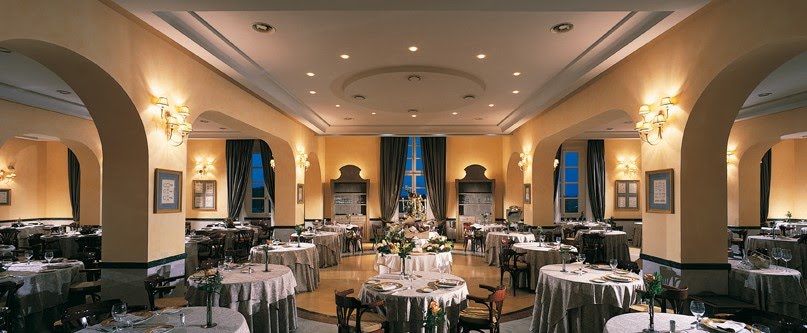
- Eat in 5-star restaurant Dei Lorena; the delicate fish set menu can only be beaten by the ‘Shelley’ menu, a collection of perfectly cooked meat dishes which, in the true Italian style, will leave you crying ‘no more’ and then promptly reaching for the dessert spoon. The wait staff promise the tiramisu to be the best in the world, after trying it, it can be hard to argue. The duck a l’orange risotto is life-changing.
- 'In Italy, wine is red'. Be sure to try the recommended wine to pair with your dish in both termes. After all, grapes are fruit.
- Visit the Hammam dei Granduchi at Bagni Di Pisa, a small natural cave perfect for one or two people to relax in the hot water, listening to the sound of the ever-running natural waterfall.
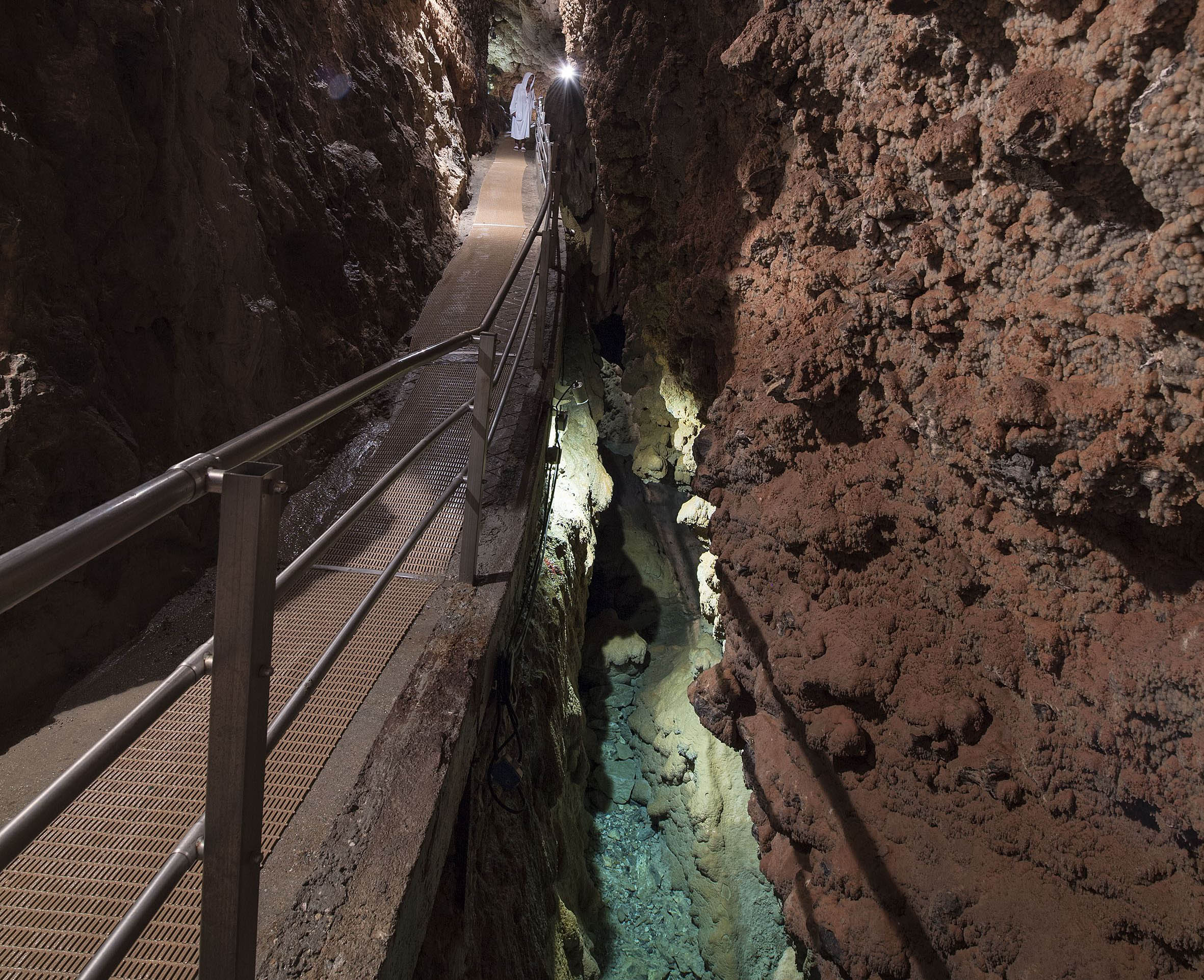
- Take a cocktail class at the Poeta Bar of Grotta Giusti - try to learn something which takes a little finesse, like a pisco sour or a negroni.
- Not for the faint of heart, it is possible to go diving in the vast underwater tunnels which stretch under Grotto Giusti’s caves.
- ‘Hot yoga’ is all the rage in Britain’s cities at the moment. Take a step back in time and try thermal yoga in the grotto itself on Sunday mornings – an invigorating start to the day, like any trip to the spas, it’s important to hydrate afterwards.
- If you've made it this far, you'll be impressed that we've come all this way without once mentioning the Leaning Tower of Pisa. It really is a marvel, begun in the 12th century but not finished for 200 years, even its own website describes it as 'a massive wedding cake knocked precariously askew by a clumsy giant guest'. Marvellous.

Credit: Joali
Joali, Maldives: An immersive art hotel founded in the name of peaceful wellness and quiet decadence
The latest addition to the Raa Atoll, Joali is the perfect spot for those looking to sit back and recharge
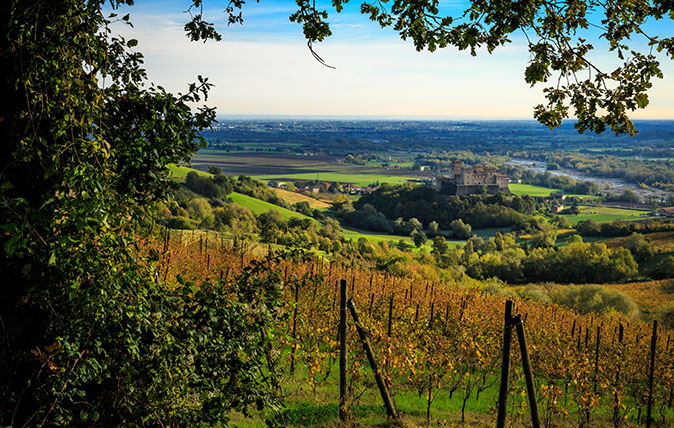
Credit: Alamy Stock Photo
A foodie tour of Emilia Romagna, where Parma ham and proper Parmesan are washed down with Lambrusco
The real Parmesan cheese, true Parma ham and Traditional Balsamic Vinegar, all confined to one region of production. Alexandra Fraser

Credit: Skigebiet Grebenzen
St Lambrecht, Styria: Skiing, race car driving and thermal springs, all in the green heart of Austria
Deep in the foothills of southern Austria lies a quiet town as-of-yet undiscovered by British holiday goers, a fact which
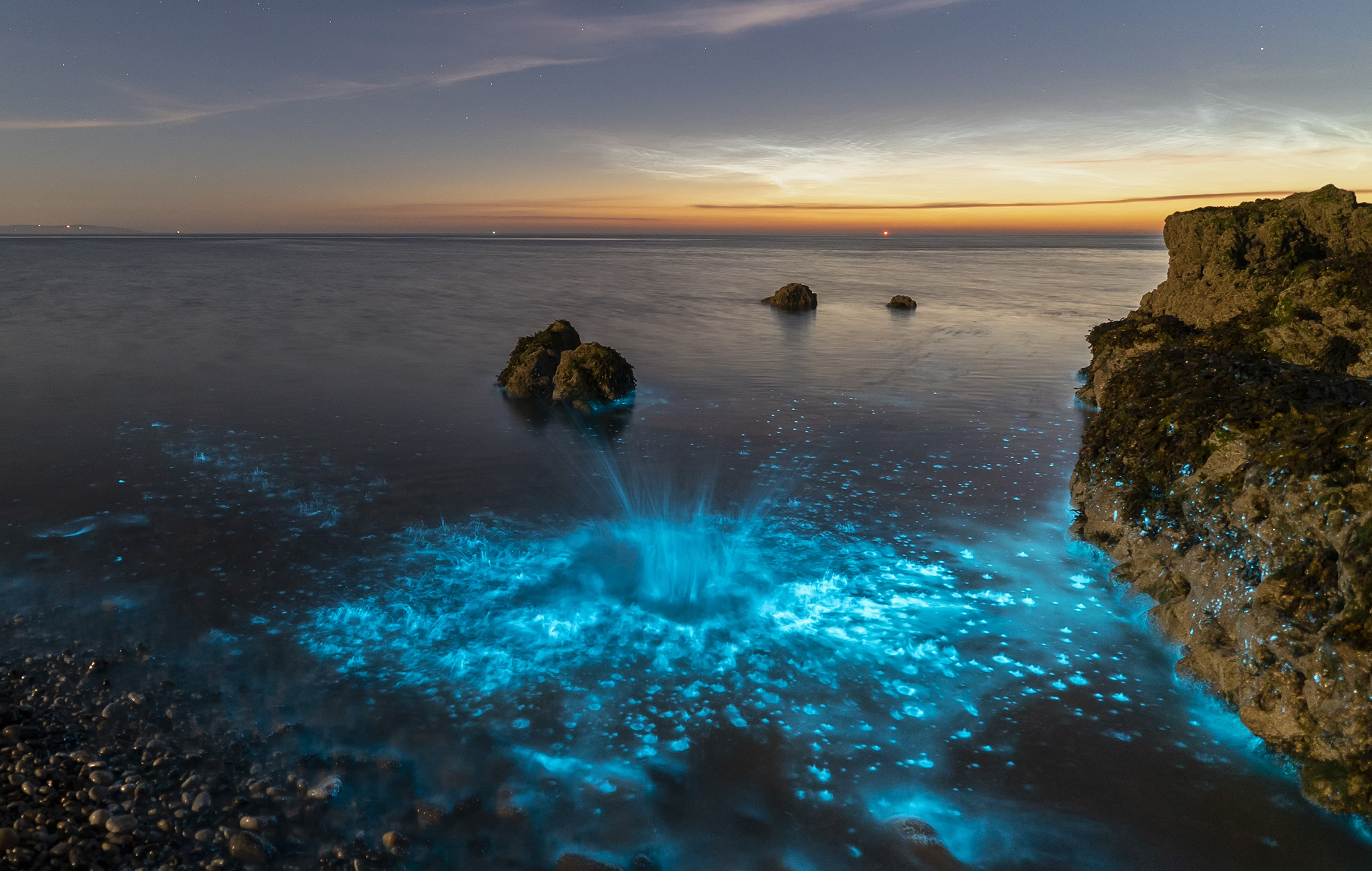
Bioluminescence: Where to see it, from Anglesey to New Zealand – and how to photograph it once you do
It's easy to think of bioluminescence — the magical night-time glow produced by insects and sea creatures — as a

Credit: Alexandra Fraser
Sonoma County: Proving that there's so much more than to California than surf, sea and wine country
Battling through the devastating fires of 2017 and 2018, Sonoma County still perseveres as a beautiful tourism location, overflowing with
